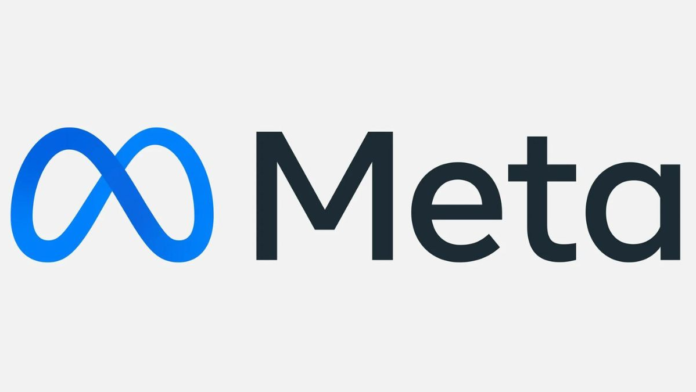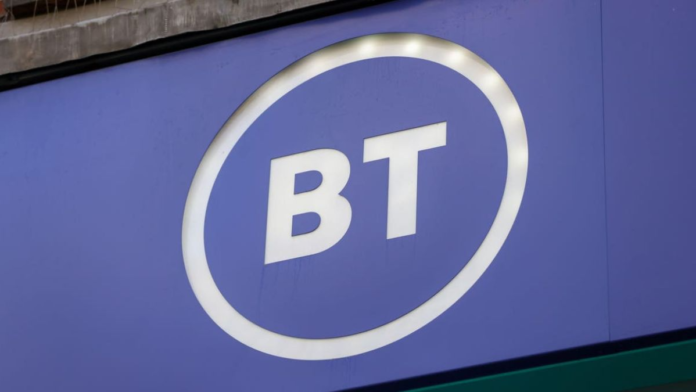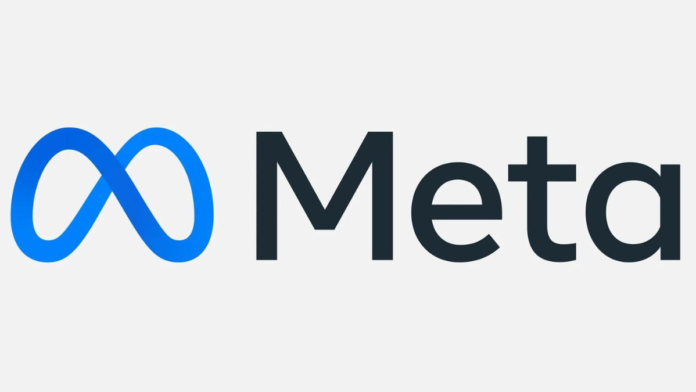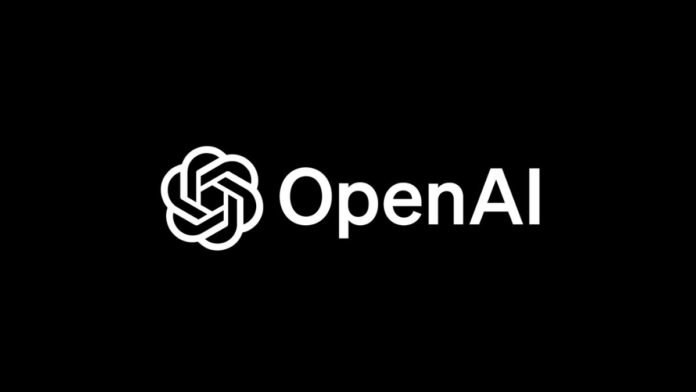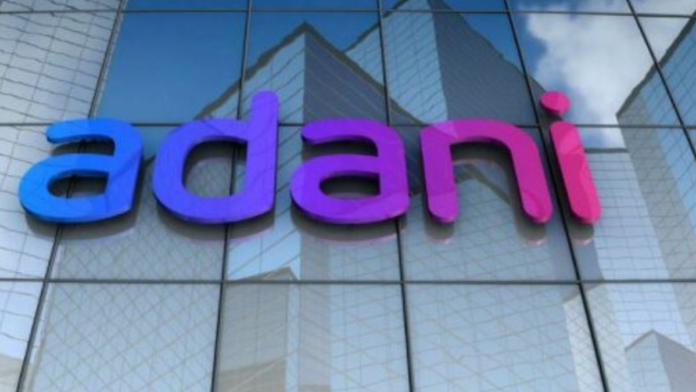On Thursday, Meta Platforms revealed fresh information about the initiatives it was pursuing to improve the suitability of its data centers for supporting artificial intelligence work, including a proprietary chip family that it claimed to be developing in-house.
In a series of blog posts, the owner of Facebook and Instagram claimed that as part of the Meta Training and Inference Accelerator (MTIA) programme it designed a first-generation chip in 2020. The programme aimed to increase the effectiveness of the recommendations models it uses to serve ads and other content in news feeds.
In a prior story from Reuters, it was stated that the corporation was already developing a replacement and had no plans to extensively deploy its first in-house AI processor. The initial MTIA chip was presented in the blog articles as a teaching tool.
Read More: OpenAI Closes $300 Million Funding Round Between $27-$29 billion Valuation
“From this initial programme, we have learned invaluable lessons that we are incorporating into our roadmap,” the statement read.
According to the posts, the initial MTIA chip was only focused on the AI technique known as inference, in which computers trained on vast quantities of data make decisions about whether to display, for example, a dancing video or a cat meme as the next item in a user’s feed.
A Meta representative declined to comment on deployment schedules or go into further detail about the company’s aspirations to create chips that could also train the models.


